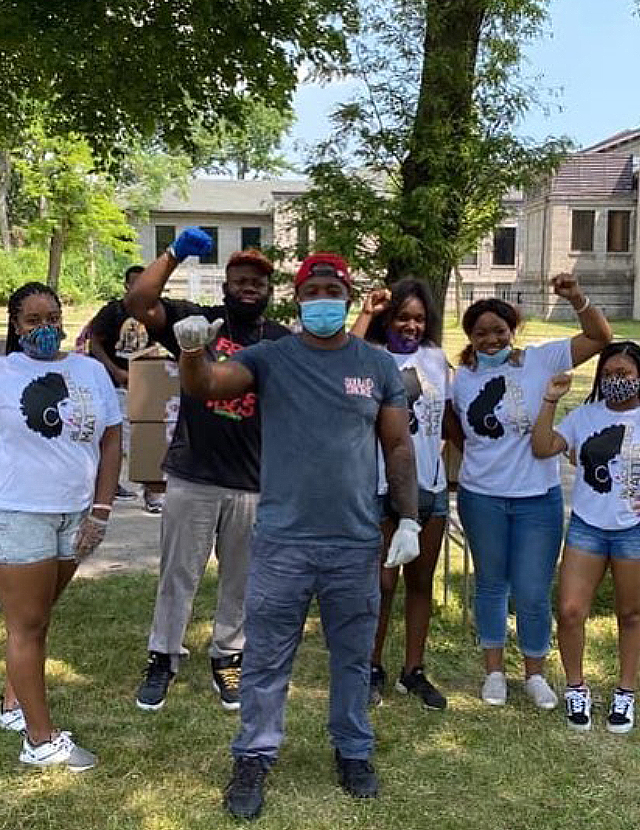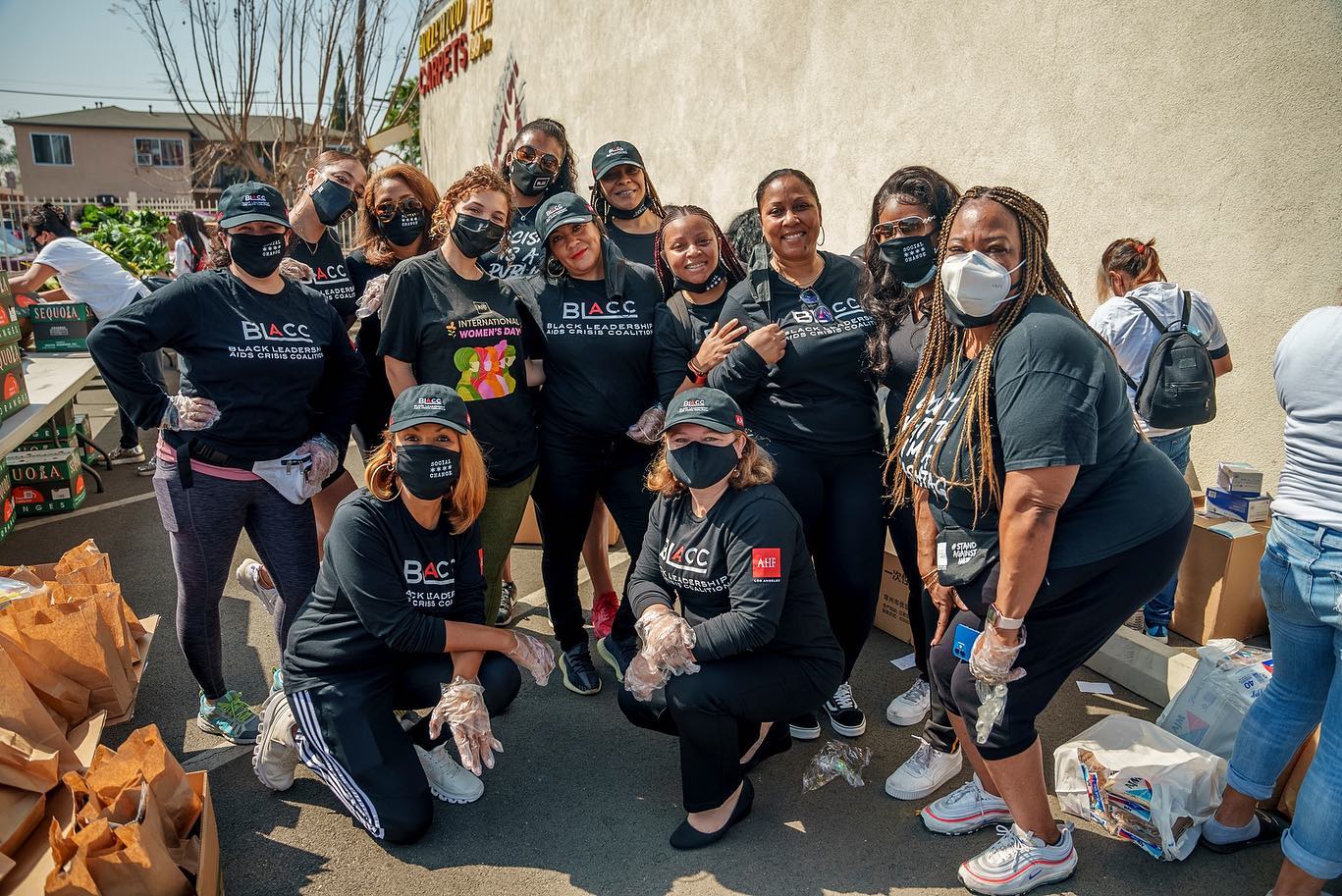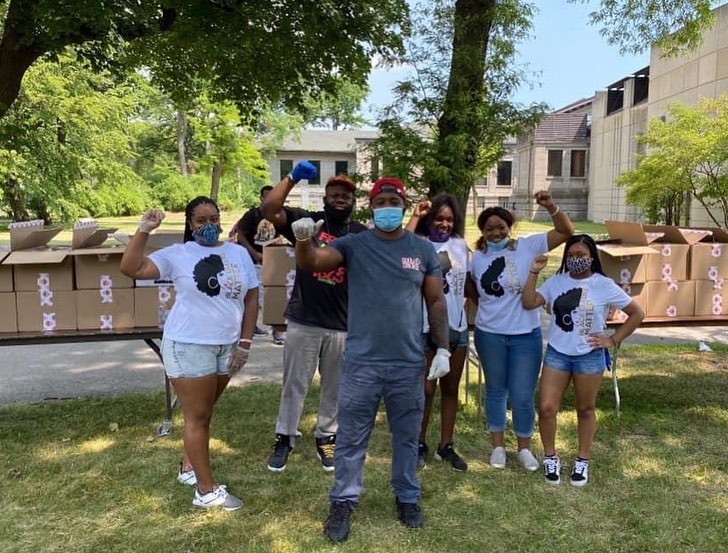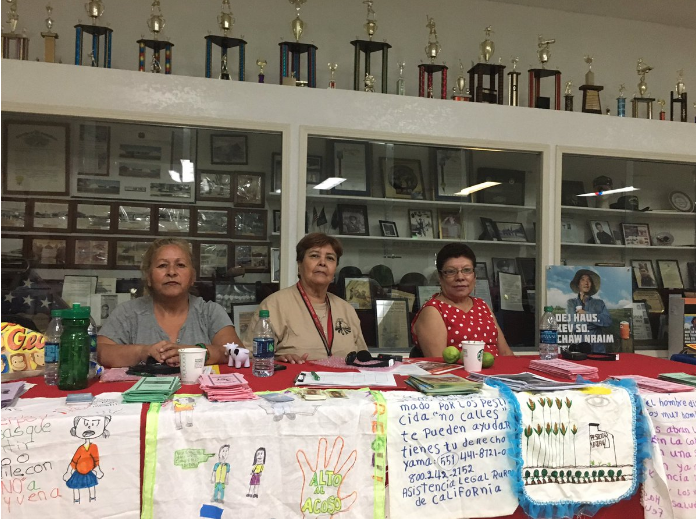Utilizing Creative Approaches to Increase Vaccine Uptake and Meet the Needs of Vulnerable Communities
Program
Highlights

PHI’s Communities RISE Together utilized creative, grassroots strategies to reach vulnerable communities, increase COVID vaccine uptake and connect community members to resources such as food, housing, transportation, healthcare and more.
381K+ referred to well-being services
190K+ vaccinated
220 counties reached through Communities Rise Together and partners
27 states reached through Communities Rise Together and partners
2.4K CBOs reached through Communities Rise Together and partners
100M individuals reached through Communities Rise Together and partners
-
Focus Areas
Capacity Building & Leadership, Communicable Disease Prevention -
Issues
Population Health, Workforce Development -
Expertise
Leadership Development, Outreach & Dissemination -
Strategic Initiatives
COVID-19
Communities that were marginalized prior to COVID-19 were the same communities left behind during the pandemic response and have also faced some of the greatest health, economic burden. The Public Health Institute’s Communities Reach, Immunizations, System Change for Equity Together (Communities RISE Together) understood these unique challenges that marginalized communities were facing and played an integral role by building trust and partnerships in communities and connecting community members to vaccines and wellbeing resources for an equitable recovery.
The Communities RISE Together program was formed during the beginning of the pandemic and supports COVID vaccination efforts in African American, Asian American/Pacific Islander, Latinx, Native American, rural, immigrant/migrant, low-income and older adult populations. Communities RISE Together works on the ground in more than 220 counties in 27 states in communities with low vaccination rates by calling on the capacity of 2,400 community-based organizations who have reached over 100 million people across the nation.
Utilizing Creative, Grassroots Strategies
The unique challenges of communities that had been left behind in the pandemic response called for unique and grassroots driven strategies. Communities RISE Together utilized creative and successful approaches such as mapping communities, integrating marketing and communications with direct outreach efforts and partnering with trusted networks, to connect community members to basic needs or “well-being services” such as housing, food, employment, transportation, childcare, financial supports and healthcare. Communities started working more closely together to create the conditions for everyone to thrive by connecting people to basic needs.
The ability to map communities and utilize data on COVID hotspots was invaluable to reaching those in most need of supports. Communities RISE Together used a well-being and vaccine assessment to understand how people were doing overall, their attitudes and barriers to vaccination, and in capturing underlying social needs and equity factors. Findings from the data were used to connect community members to social needs, increase COVID vaccination rates, and improve community well-being.
Communities RISE Together and its partners developed robust communications and marketing strategies which complemented community health workers’ outreach efforts and strengthened their ability to decrease barriers to vaccine uptake in communities.
This empowered trusted messenger networks to combat disinformation and misinformation through storytelling, programming, and strategic messaging utilizing social listeners to monitor social media channels and to correct misinformation and encourage vaccination through local and relevant messaging.
In addition, Communities RISE Together and its partners amplified the national COVID vaccination campaign (We Can Do This) and disseminated timely information, tools, and research to trusted communications channels in order to engage trusted messengers, deepen grassroots outreach efforts, and continue to build partnerships. Here’s what they accomplished together:
- 381,909 community members were referred to well-being services
- 190,207 community members received the COVID vaccine
- 90,426 people were reached from direct outreach efforts: door-to-door canvassing, call center calls, health fairs, resources fairs, and vaccine clinics
- 789,087,439 people were reached from indirect outreach efforts: communications outreach through social media, radio stations, newspapers, newsletters, billboards, and videos
Communities RISE Together improved the community health worker infrastructure by leveraging existing and nontraditional community health assets, reaching over 200 communities who are utilizing tools, infrastructure and trainings to become vaccine ambassadors and using real-time data to advance equity and health.
The initiative is a collaboration between WE in the World, the Well Being in the Nation (WIN) Network and Public Health Institute. Communities RISE Together is a strategic alliance between the Center for Popular Democracy, Latino Health Access, Migrant Clinicians Network, WE in the World, and the Public Health Institute along with their partners, CHROMATIC Black, Well Being In the Nation (WIN) Network, Meals on Wheels, National Councils on Aging, National Association for Area Agencies on Aging (USAging), Together Towards Health, National Indian Health Board, Pathways Community HUB Institute, and the Hawaii Public Health Institute.
Work With Us
You change the world. We do the rest. Explore fiscal sponsorship at PHI.
Support Us
Together, we can accelerate our response to public health’s most critical issues.
Find Employment
Begin your career at the Public Health Institute.



